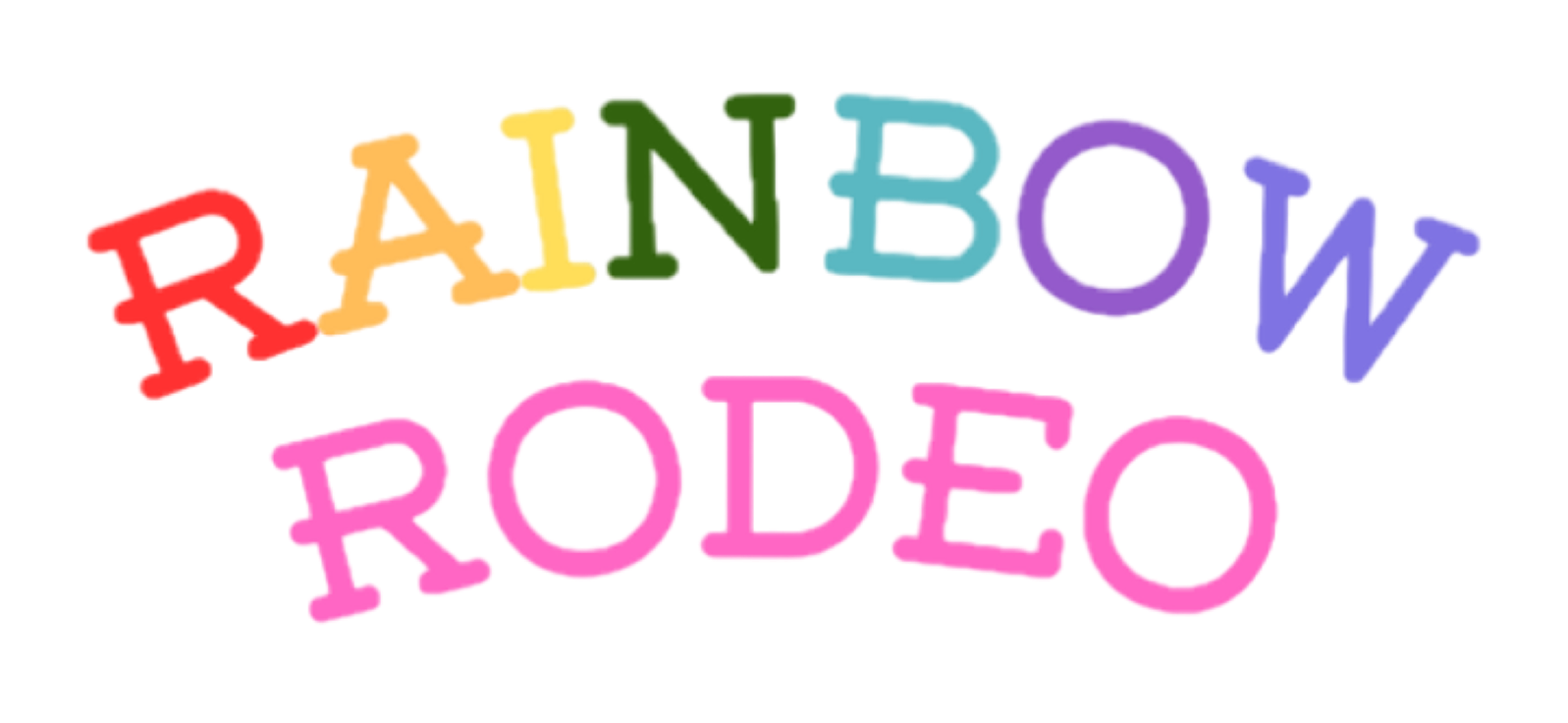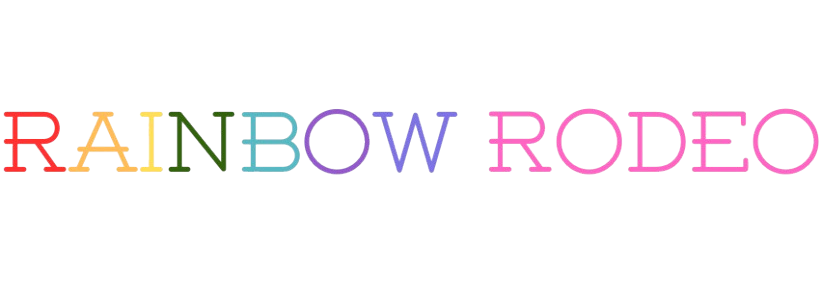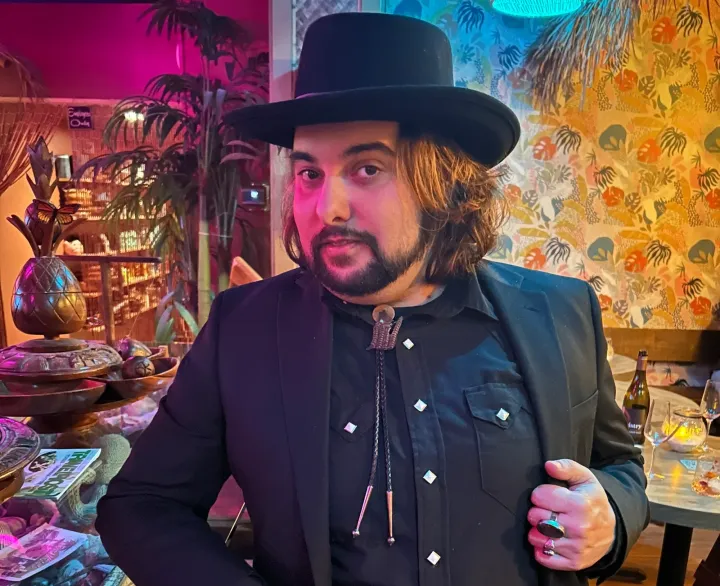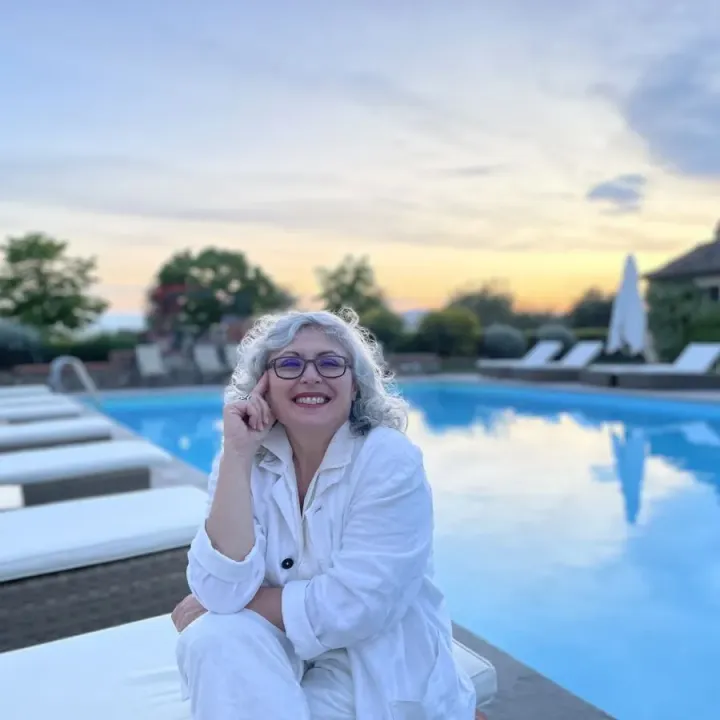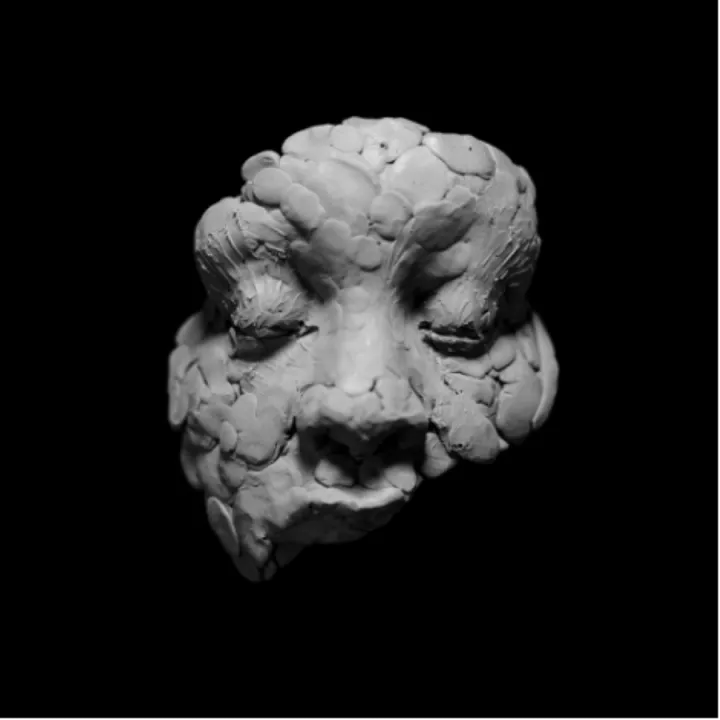VIDEO PREMIERE: Fimone Dukes It Out With Her Past on "Will"

Born from a lightning bolt in rural Minnesota, Fimone began crafting original music at 16, guided by their first Fender. Overcoming small-town challenges and struggles with addiction, she forged a unique sound in Nashville, blending country, blues, and rock. With her new video, “Will,” Fimone dukes it out with herself, coming to terms with a near-death experience.
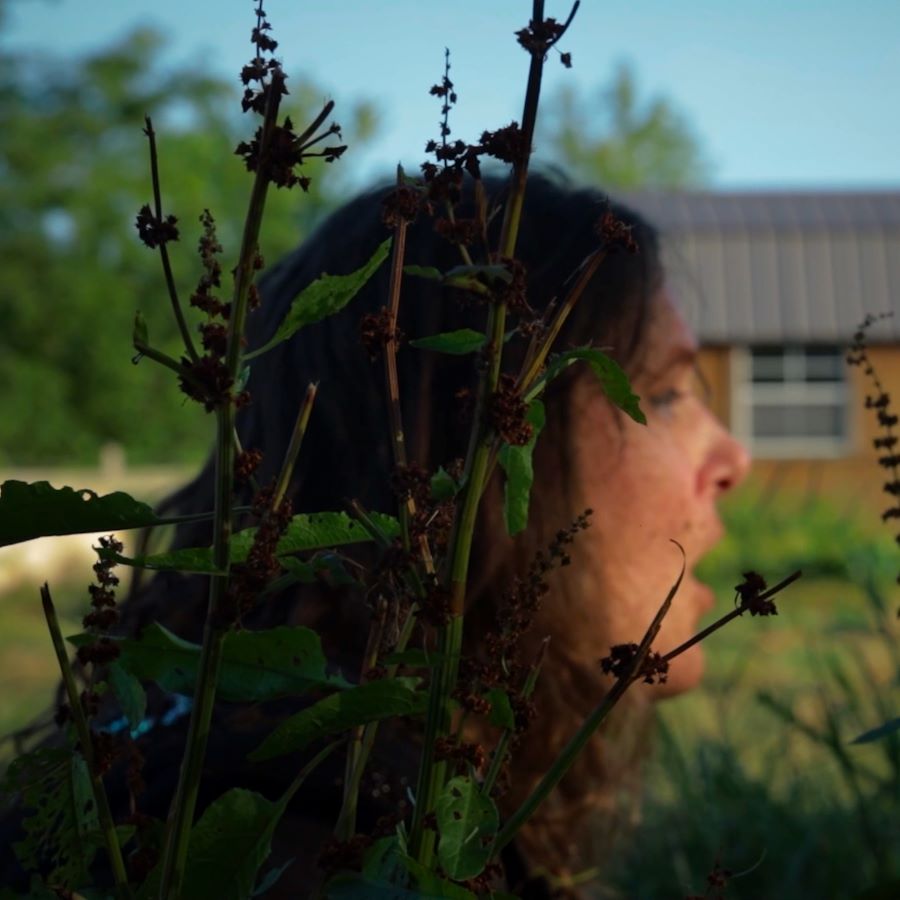
“I had a near-death experience at 12-years-old,” says Fimone. “It shaped the rest of my life. I was doing some intense therapy around that when I wrote this song. ‘Will’ is about remembering there’s only one way outta here, and we have absolutely no idea when that will be. So let go and let it ride.”
“Will” is the first release off her upcoming EP, Fascination, which is filled with songs recorded inside the home of Norma Wallace, the Last Madam of New Orleans. Fimone tells us more about the EP and navigating working as a queer artist in Nashville, and how she reconciled with country music.
Does your EP have an overarching theme?
My EP Fascination is part of a much larger project that I will be releasing as a documentary, hopefully in the spring of 2025. The documentary follows a modern-day musician (me) as she reclaims her power as a woman within the unlikely walls of a historic brothel, guided by the deceased New Orleans Madam who once owned it.
I became fascinated by the madam, Norma Wallace, and recorded the songs on the EP inside that same brothel. I weave in original audio recordings from Norma’s own voice, recorded in 1974 by a 74-year-old Norma, to introduce the first and fourth track on the EP. The voice you hear in the beginning of “Will” and “Walls” is Norma’s.
The oldest meaning of the word fascinate means “to bewitch” or “to cast a spell over.” Fascination is about the journey of diving into the dark parts of yourself, your shadow, and coming out the other side a more integrated human, unafraid of yourself and unafraid of your own power. It’s about finally being able to trust yourself, your intuition, your choices, and becoming your own guide. I became fascinated by Norma, and she became my muse and teacher.
What’s the best way a fan can support you?
Follow me on social media and all the streaming platforms! Interact with my posts, share my posts, stay up to date with my touring schedule so you can come say hi and we can celebrate when I’m in a city near you. Buy a t-shirt at the show and post a video. Share a video of a song that speaks to you that I post. There are so many things fans can do to support their favorite artists that don’t cost anything. In today’s world, social media is so important, and it’s so accessible, and sure there are days I hate it, like everyone else, but then I remember that I love what I do, and I believe in it, and TikTok is still free, and I can share it out into the world and hope that whoever it resonates with, found something helpful or funny or healing.
How are you using your platform to support marginalized people?
For several years, starting a decade ago, I worked at a high school after-school program that primarily served BIPOC youth in Nashville. That experience changed how I viewed the world and how I viewed community. I began to consciously consider who I was hiring as musicians, who I was collaborating with, and what bands or singer-songwriters I was playing shows with. It has been a huge priority for me to be inclusive of BIPOC artists and creatives, especially intersectional people, uplifting their voices and perspectives in all areas of my career. One of my students from the after-school program is now an incredible artist who I have been lucky enough to share the stage with. It’s one of those full circle moments every time I watch her perform. Her name is BKing and you should go follow her on all the socials.
How have you healed or grown your relationship to country music/Americana?
I moved to Nashville in 2008 and wanted to be the next Wynonna. I grew up in rural Minnesota listening to FM country radio with artists like Wynonna, Reba, Terri Clark, Garth Brooks, and Dwight Yoakum. When I got there, I realized pretty quickly that country music wasn’t too fond of people who identify as LGBTQ+. I wasn’t out yet, but my brother was, and I heard enough slurs about gay men in some of those songwriter’s circles to know that what I was feeling and writing about wasn’t going to be welcomed. So, I gave country music the middle finger, and went the indie rock route for a good decade. But those country roots would always come through in my music, whether it was in my storytelling lyrics, the music or the melodies. I never could quite escape it, and even though I was a whole lot more country than a lot of the people who defined what country music was, I was really pissed off at country music for a long time.
And every time I turned on country radio to hear what was popular, all I heard was some dude singing about objectifying women, whiskey and beer, and how big his truck was. Even today, women only make up about 15% of airplay on country radio. But I continued to grow, and I became more confident in who I was as a person and within my own sexual identity. Today, I want to show all those little girls growing up somewhere out there in rural America that country music isn’t just for one kind of person, it’s as diverse as the people who make it, who grew up on it, and who listen to it. I’m from the country, I’m married to a woman, and I grew up baling hay and sorting cattle.
Tell me, what’s more country than that?
